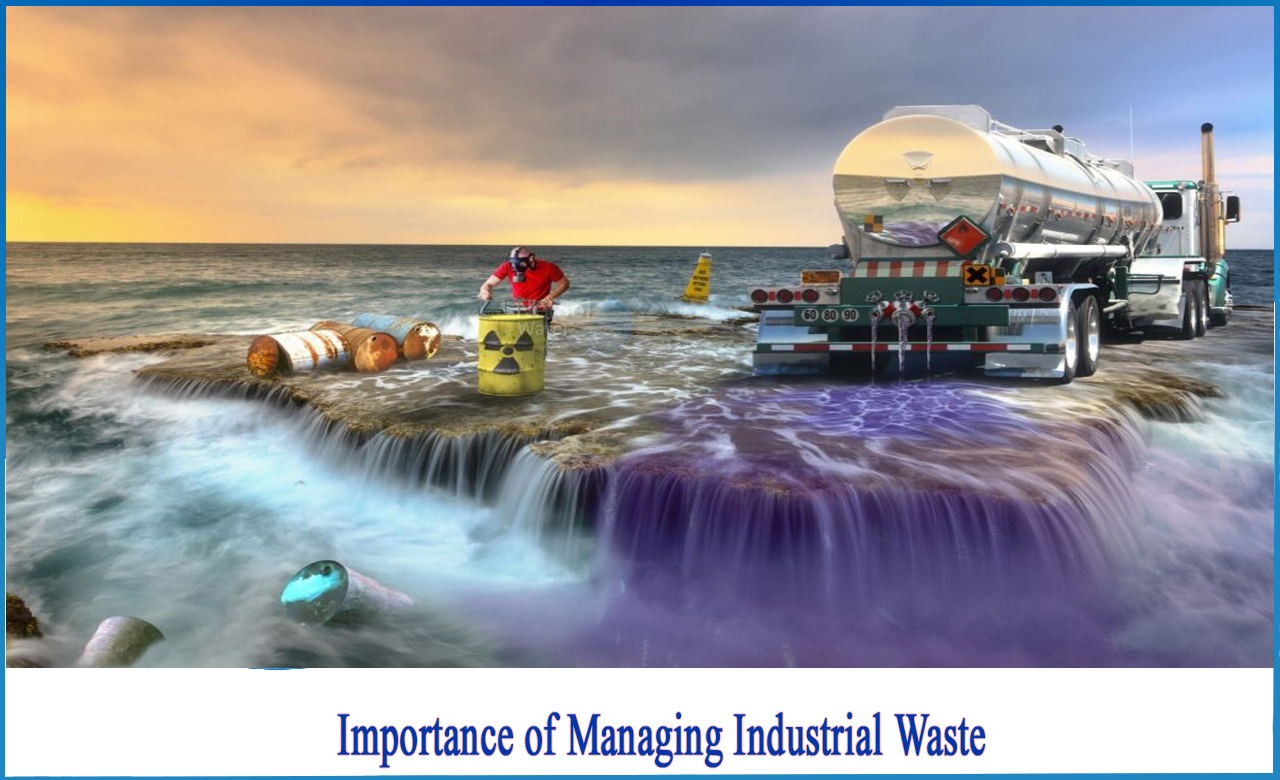4 Simple Techniques For Reclaim Waste
4 Simple Techniques For Reclaim Waste
Blog Article
The Ultimate Guide To Reclaim Waste
Table of ContentsThe 7-Second Trick For Reclaim WasteThe Reclaim Waste PDFsThe 9-Minute Rule for Reclaim WasteFascination About Reclaim WasteThe Basic Principles Of Reclaim Waste
With appropriate liquid waste monitoring, business can decrease energy-intensive treatment procedures and disposal prices. By following a system for handling fluid waste, companies can stay clear of pricey fines and penalties and prevent adverse publicity.(https://www.tripadvisor.in/Profile/reclaimwaste1)Accumulate representative examples from different points within the waste stream to make sure accuracy. Liquid waste, particularly unsafe ones, postures considerable risks throughout this action.

is needed when the effluent will certainly be recycled or discharged into local pools. Disinfection (e.g., chlorination, ultraviolet light, ozonation) and nutrient elimination (e.g., denitrification and phosphorus removal) are advised under rigorous policies. This phase while doing so is purely controlled due to the fact that it is when most dangers happen. Many companies went against several fluid waste disposal regulations in recent times.
Reclaim Waste Can Be Fun For Anyone

Superficial basins have liquid waste that is enabled to vaporize via all-natural processes. This kind of disposal is subject to strict environmental laws due to possibly unsafe discharges.
The searchings for must be documented, analyzed, and kept not simply for entry to regulative authorities however additionally for making renovations in the future. Usage reliable equipment, approaches, and software application remedies to make certain accurate and regular data collection. Stay upgraded on appropriate environmental regulations and market requirements. Share info with pertinent stakeholders (e.g., staff members, regulative federal government companies, and neighboring neighborhoods) to maintain transparency and liability.
Recognizing these can aid them successfully manage their operations and reduce their environmental impact. Companies that can't invest in facilities must think about collaborating with the public sector for far better solutions.
Not known Details About Reclaim Waste
By carrying out detailed management systems that consist of treatment and reusing methods, routine monitoring, threat assessments, and adherence to regional and government regulations, commercial facilities can add to the protection of groundwater supplies, ensuring their availability for future generations (liquid this content waste disposal). Let's look into the relevance of efficient fluid waste monitoring in the commercial field, concentrating on its ramifications for protecting groundwater sources
The air pollution of groundwater sources as a result of inappropriate liquid waste administration in the industrial sector has significant repercussions for human health and wellness, agriculture, and the atmosphere overall. Some of the potential effects caused by such contamination consist of: Infected Drinking Water Materials: As groundwater supplies a considerable section of our alcohol consumption water, air pollution from commercial tasks can bring about damaging chemicals and microbes entering our water supply, positioning health threats for people.
Decreased Agricultural Performance: Farming counts greatly on groundwater for watering; for that reason, contaminated water can prevent plant yields, contaminate farming items, and impact food security. Given the significance of preserving groundwater resources, it is critical for organizations to take a proactive position in managing their liquid waste responsibly and preventing pollution.
Reclaim Waste Can Be Fun For Everyone
Fluid waste can pollute land and contaminate waters. Under the Protection of the Atmosphere Procedures Act 1997, organizations that create fluid waste are needed to manage it in a means that protects the atmosphere and the community. Information regarding managing and storing fluid waste, reacting to spills and decreasing fluid waste is available in the following fact sheets and support:.
The role of waste management specialists in protecting this priceless source can not be overstated. Polluted water and contaminated effluent management: Guaranteeing that harmful liquids are securely gotten rid of and dealt with prior to they can damage our water sources.
Therefore, incorporating lasting liquid waste monitoring into financial preparation improves economic security and shields the setting, showing the worth of this strategy. In final thought, taking on specialist liquid waste monitoring methods is crucial for making certain a lasting future, shielding our atmosphere and protecting the wellness of future generations.
When it concerns getting rid of waste, adhering to correct treatments is critical for a plethora of reasons. Proper waste disposal is not nearly cleanliness; it has to do with making certain the health of our setting, health, and the efficient use of resources. Comprehending the relevance of effective waste management can help us all add to a healthier, cleaner earth.
The Definitive Guide for Reclaim Waste
Effective waste administration assists maintain clean roads and public spaces, minimizing the visual effect of clutter and ensuring that waste does not damage wild animals. When waste is not disposed of effectively, it can lead to contamination, where damaging substances can seep right into the soil, water supply, and the air, creating long-lasting environmental problems.
Report this page